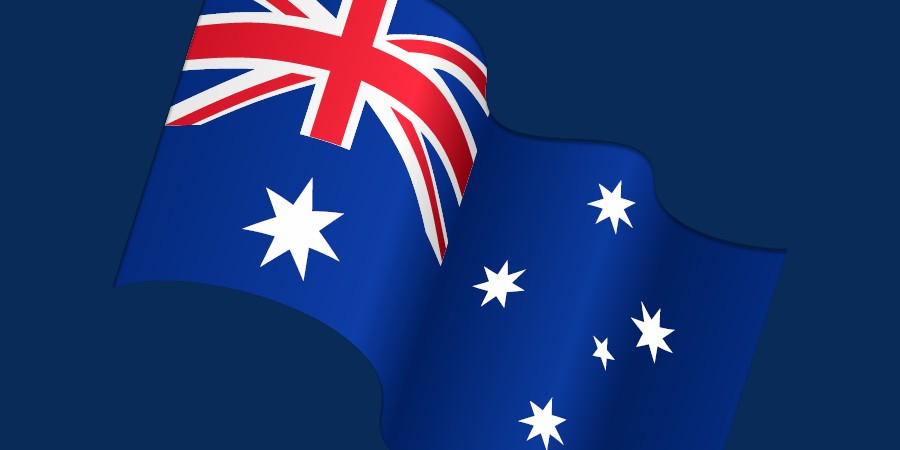
On 3 September each year, we celebrate Australian National Flag Day by recognising the first time the flag was flown, on 3 September 1901. Known as the Commonwealth blue ensign, it became formally recognised as the Australian National Flag in 1953.
Each year on Australia Day, the Australian National Flag is displayed alongside the Aboriginal and Torres Strait Islander flags to reflect and celebrate the importance of our national day. These flags signify our nation’s heritage, values and shared identity.
Flag-raising ceremonies at schools, local authorities and in Australian households are held across the nation today to recognise the significance of Australian National Flag Day. All Australians are encouraged to fly or display our national flag with pride and to celebrate our highest national symbol for unity, respect and strength.
Here are some ideas to help you celebrate Australian National Flag Day:
- conduct a flag-raising ceremony.
- businesses and organisations that don’t have a flagpole may wish to display the Australian National Flag in the public areas of their buildings, such as in foyers or receptions.
- read about the history of the Australian National Flag and the protocols for flying the flag.
- register for the Commonwealth Flag Network.
On the 3rd September 1901 the Australian National Flag was flown for the first time over the dome of the exhibition building in Melbourne where the first Commonwealth Parliament had opened.
Since then the national flag has been flown at home and overseas to celebrate our nation and can be seen flying high over Parliament House in Canberra.
You can celebrate Australian National Flag Day on the 3rd of September by holding a flag raising ceremony at your organisation or school.
Learn more about the history of the Australian National Flag and flag flying protocols at www.pmc.gov.au/flag
